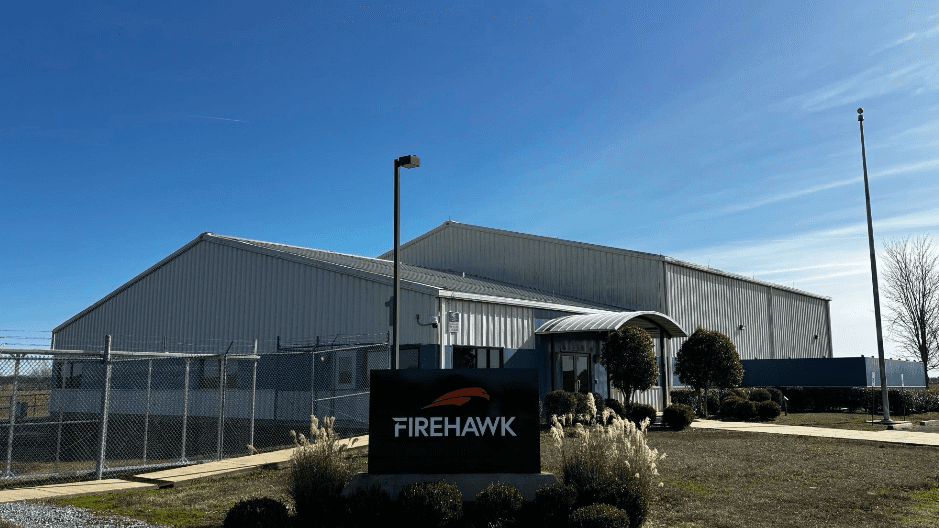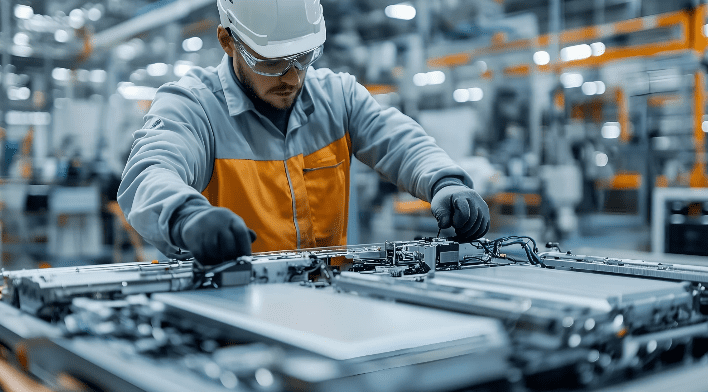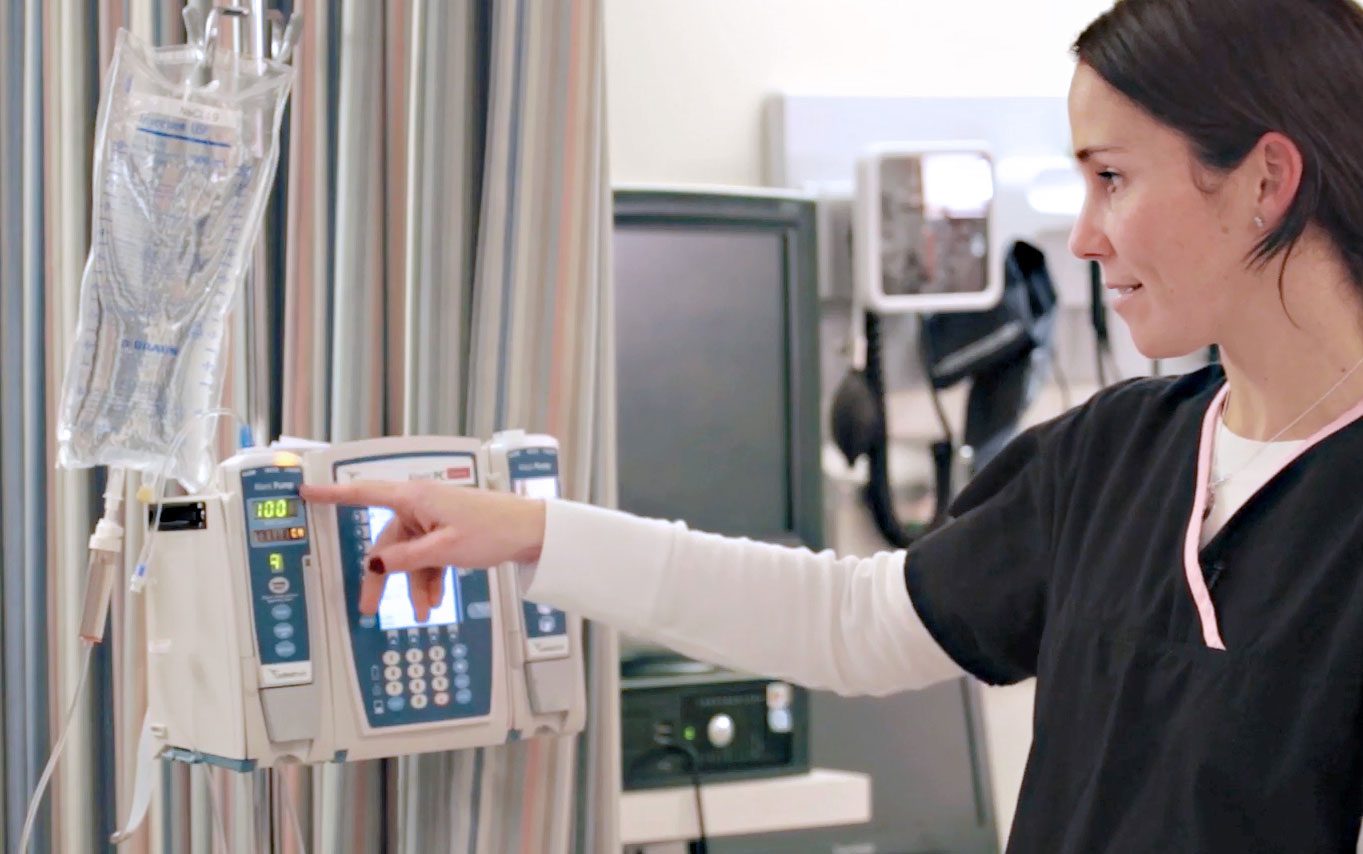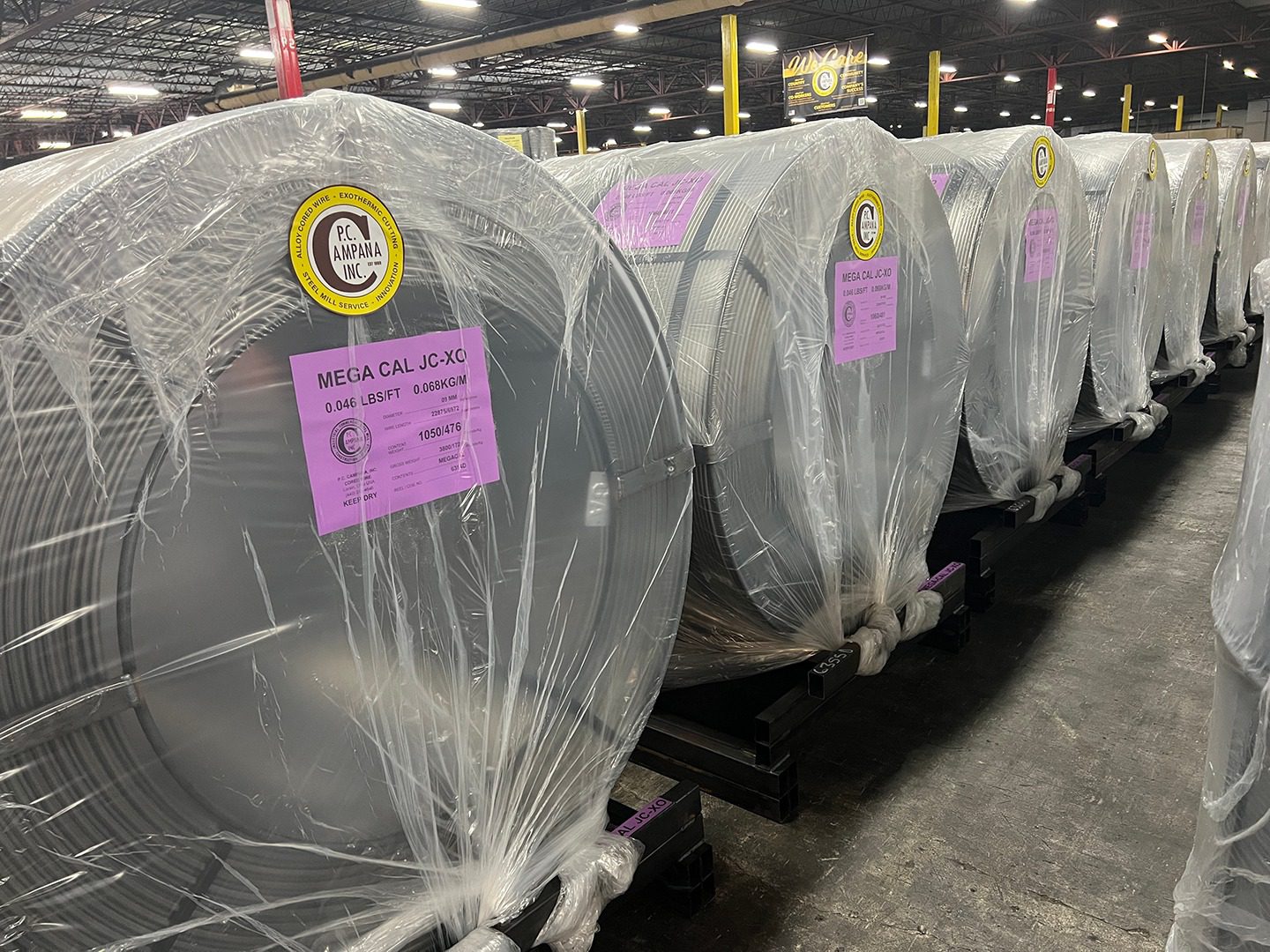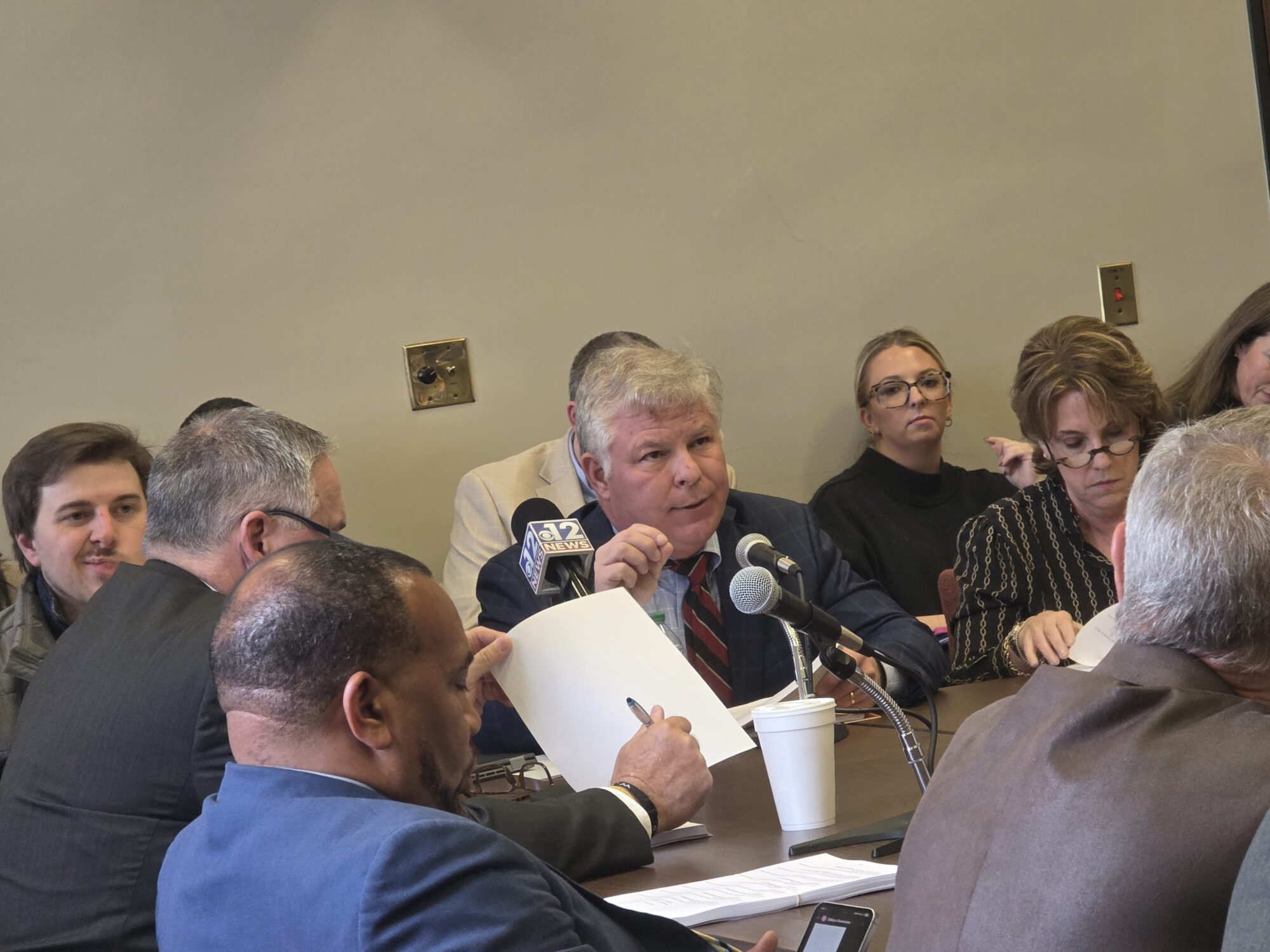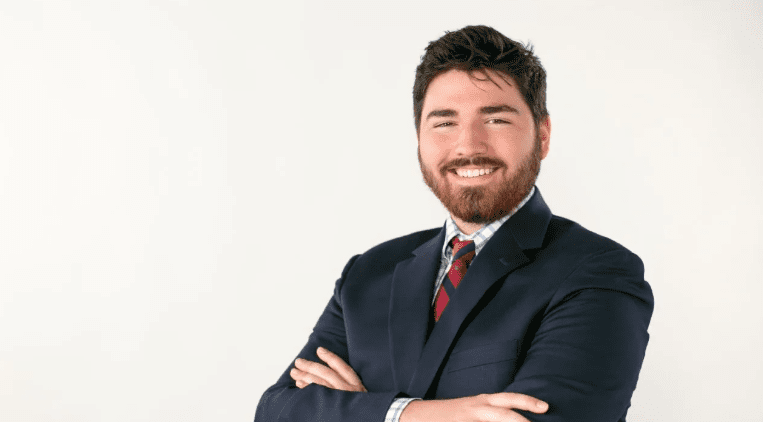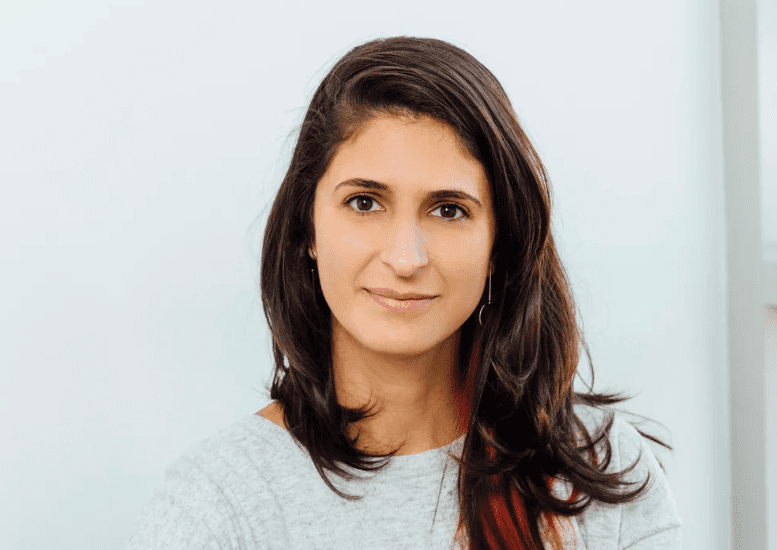
Dr. Nina Tandon, CEO and co-founder of EpiBone (Photo from company bio)
- The tissue engineering developer will address how her company’s breakthrough technology is transforming healthcare on October 21 in Hattiesburg.
The University of Southern Mississippi’s prestigious University Forum continues its landmark 50th anniversary season with another distinguished presentation on Tuesday, October 21, at 6:30 p.m., featuring Dr. Nina Tandon, CEO and co-founder of EpiBone.
Epibone is the world’s first company successfully growing living human bone for skeletal reconstruction.
Following the series opener on September 9 with Southern Miss alum Dr. Russell Moore who addressed faith, theology, and navigating life’s challenges in the current political climate, Tandon’s presentation at USM promises to showcase an entirely different frontier of human advancement.
This thoughtful programming demonstrates the University Forum’s commitment to exploring the full spectrum of human knowledge and achievement.
Since 1974, the University Forum has served as USM’s premier speaker series, sponsored by the Honors College with support from the Office of the President. This milestone season celebrates not only the Forum’s distinguished five-decade legacy but also marks the 50th anniversary of the Honors College itself.
Transforming the Shape of Healthcare
Tandon will come to Hattiesburg to present “How Regenerative Medicine is Reshaping the Future of Healthcare and the Economy,” drawing from EpiBone’s remarkable journey as pioneers in the field of tissue engineering.
Under her leadership, the company has achieved historic milestones that seemed like science fiction not too long ago. In 2021, EpiBone became the first company FDA-cleared to implant engineered living bone in humans, achieving a second clearance for partial knee replacement in 2023.
The implications of this breakthrough technology extend far beyond laboratory walls. Millions of bone graft surgeries are performed annually in the U.S. using procedures that require doctors to harvest bone from one part of a patient’s body – often the hip or leg – and transplant it to another location. This traditional approach involves multiple surgeries, extended recovery times, and potential complications at both donor and recipient sites.
“I’m planning to present how regenerative medicine is reshaping the future of healthcare and the economy, through the lens of EpiBone’s journey as the first company growing living human bone for skeletal reconstruction,” Tandon explained.
EpiBone’s pioneering approach eliminates this invasive process entirely. Using a patient’s own stem cells harvested through a minimally invasive procedure, the company grows personalized bone grafts in specialized bioreactors over just three weeks. These grafts are cultivated on anatomically shaped scaffolds made from mineralized bone matrix, ensuring perfect fit and function for each individual patient. The result is living tissue that integrates seamlessly with the patient’s existing bone structure, supporting natural healing and remodeling processes.
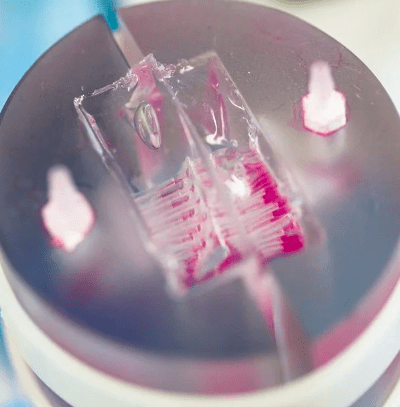
Embryonic Development
The technical sophistication behind EpiBone’s work represents a convergence of multiple cutting-edge fields. The process begins with advanced imaging technology to create precise three-dimensional models of the required bone structure. These digital blueprints guide the creation of scaffolds that serve as templates for tissue growth.
Mesenchymal stem cells, typically harvested from the patient’s fat or bone marrow, are then seeded onto these scaffolds within sophisticated bioreactor systems. These bioreactors provide precisely controlled environments that mimic the natural conditions found within the human body-regulating temperature, pH, oxygen levels, and mechanical stimulation to encourage proper cellular development and tissue formation.
This approach addresses one of the fundamental challenges in regenerative medicine: scaling laboratory breakthroughs to dependable, clinical-grade manufacturing.
“Moving from elegant lab biology to reliable, scalable biomanufacturing has been a central challenge, especially in an environment where the general public is becoming increasingly skeptical of the value that science brings to society,” Tandon said.
A Multifaceted Journey
Tandon’s path to leadership in regenerative medicine exemplifies the interdisciplinary approach that defines modern biomedical innovation. Her journey began in electrical engineering at The Cooper Union for the Advancement of Science and Art, a prestigious institution in New York City founded in 1859 by industrialist Peter Cooper. Cooper Union’s unique mission-to provide education “open and free to all” regardless of social or economic background-has produced generations of innovators across engineering, art, and architecture.
During her undergraduate years, Tandon built an electronic musical instrument played through human bodies’ electromagnetic waves, foreshadowing her work at the intersection of technology and biology. A transformative Fulbright scholarship took her to the University of Rome Tor Vergata, where she worked on developing the “LibraNose,” analyzing patient breath samples to determine the feasibility of a noninvasive cancer-detection device.
This experience ignited her passion for healthcare applications of engineering and led her to pursue a Master’s in Bioelectrical Engineering at MIT, where she received the prestigious MIT Presidential Fellowship. She then earned her PhD in Biomedical Engineering from Columbia University, focusing on cardiac tissue engineering, followed by an Executive MBA from Columbia Business School.
Academic Entrepreneurship
At Columbia, working in the Laboratory for Stem Cells and Tissue Engineering under renowned University Professor Gordana Vunjak-Novakovic, Tandon found her calling. Vunjak-Novakovic, who holds the distinction of being the first engineer in Columbia’s history to achieve the rank of university professor, leads one of the world’s most advanced tissue engineering research programs.
The lab’s work extends beyond bone regeneration to include engineering functional heart tissue, lung tissue, and sophisticated “organs-on-a-chip” platforms for disease modeling and drug development.
This comprehensive approach to tissue engineering provided Tandon with the theoretical foundation and practical experience necessary to co-found EpiBone with fellow researcher Sarindr Bhumiratana, who was born in Thailand and specialized in engineering bone, cartilage, and osteochondral tissues from stem cells.
Unprecedented Challenges
EpiBone’s journey illustrates the unique challenges facing pioneers in emerging biotechnology fields. The company has navigated uncharted regulatory territory, essentially creating the playbook for how engineered living tissues are evaluated and approved by the FDA.
“In 2021, EpiBone became the first company FDA-cleared to implant engineered living bone in humans,” said Tandon. “We achieved a second for a partial knee replacement in 2023, and yet the timeline and capital intensiveness and the uncertainties coming with ‘being first’ has meant it’s been a hard road to secure investment.”
The capital intensity of regenerative medicine cannot be exaggerated.
“Multi-year clinical trials, specialized facilities, and expert staffing are resource-heavy, requiring resilience through inevitable funding cycles,” Tandon explained.
The company has successfully mined $50 million in funding, but the timeline and capital requirements have made securing consistent investment challenging in an environment where investors prefer faster returns.
This reality led to a bold strategic decision: EpiBone’s global expansion to Abu Dhabi in partnership with Mubadala, the UAE’s sovereign wealth fund, and the Department of Health.
This move reflects Tandon’s search for “anywhere on earth where this kind of long-term commitment to humanity and deep tech can thrive.” The partnership enables EpiBone to scale their technology across the Gulf Cooperation Council region while accessing the sustained investment necessary for breakthrough biotechnology development.
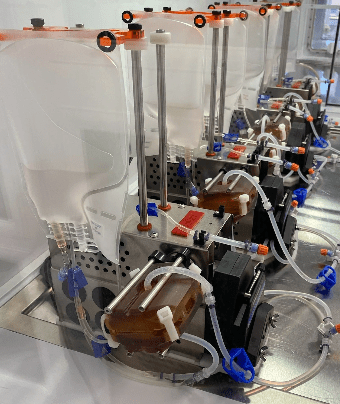
Behind the Curtain
Despite the technical complexity and business challenges, Tandon consistently returns to the human element that drives her work.
“Seeing patients who had jaw reconstruction eat, speak, and sleep normally has been a profound validation of two decades of work-reminding us that this is about people’s lives, not just science,” she noted.
The psychological impact of EpiBone’s approach extends beyond physical healing. Traditional bone grafts often leave patients with permanent deformities or functional limitations at donor sites. EpiBone’s approach eliminates these trade-offs, allowing patients to heal completely without sacrificing healthy tissue elsewhere in their bodies.
Gaining Global Traction
Tandon’s contributions to science and entrepreneurship have earned widespread recognition. She has been named one of Fast Company’s 100 Most Creative People in Business, recognized in Crain’s New York Business 40 Under 40, and designated as a World Economic Forum Technology Pioneer. Her TED Talk on personalized medicine has garnered more than a million views, and she’s been featured on the Netflix series “Human: The World Within.”
Tandon’s academic contributions continue through her roles as an adjunct professor of Electrical Engineering at Cooper Union and as a senior fellow at Columbia’s Laboratory for Stem Cells and Tissue Engineering.
She has authored more than 10 peer-reviewed journal articles and holds three patents, while also co-authoring “Super Cells: Building with Biology,” a book exploring the new frontier of biotechnology.
A Celebratory Forecast
As the University Forum embarks on its next half-century, presentations like Tandon’s – following Moore’s thoughtful exploration of faith and contemporary challenges – exemplify the kind of diverse, forward-thinking discourse that has made the series an intellectual cornerstone of the region.
The event will be held in the Thad Cochran Center, continuing the tradition of bringing world-class speakers to the Mississippi community.
“While I don’t have a direct connection to USM, I deeply value the chance to share our work with the Mississippi audience,” said Tandon.
For those interested in exploring Tandon’s work further, her TED Talk, “The Future of Repairing the Human Body,” provides additional context for her revolutionary approach to regenerative medicine and offers a glimpse into the extraordinary possibilities that lie ahead in the field of tissue engineering.
